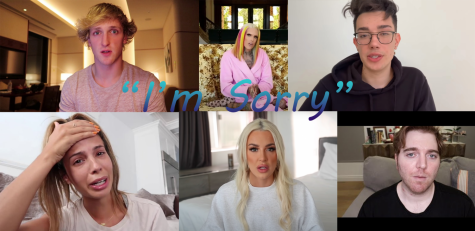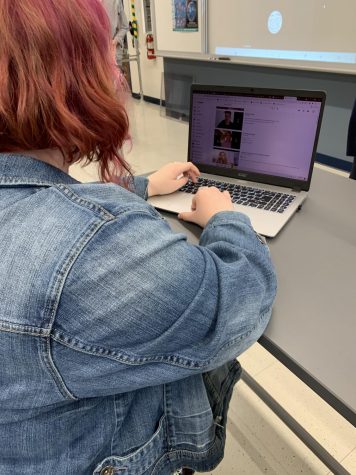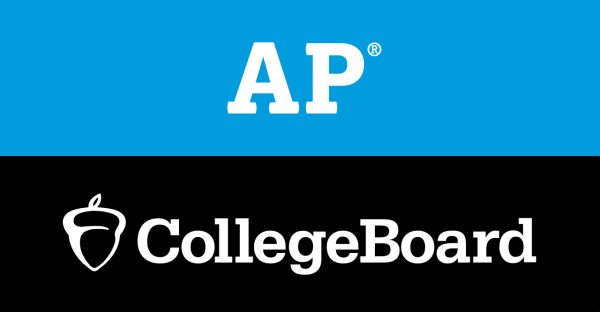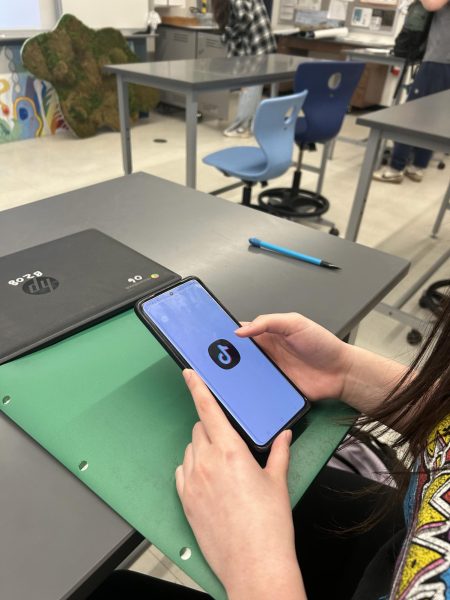The Cancellation of Cancel Culture

Over the past years, cancel culture has taken center stage in many people’s minds as the premiere way to deal with insensitive creators on the internet. However, as cancellation becomes more aggressive, some users are starting to reevaluate the role it plays holding people accountable.
Cancel culture revolves around the idea that threatening someone is the best way to stop them from doing something. The Miami Dade university newspaper, The Reporter, defines cancellation as “a boycott of a person, usually a celebrity or influencer, who has voiced an unpopular opinion or has acted in an arguably offensive manner, resulting in them being called out on social media.”
An Apology Epidemic
The overall goal of this method of accountability is to make the person realize they have crossed a line and that this action won’t be supported. However the majority of times this only leads to a poorly made apology video to satisfy fans before quickly moving on.
One of the most infamous of these videos was Logan Paul’s “I’m Sorry” video uploaded in response to overwhelming criticism of his conduct in one of his japan vlogs from 2018. While at first these videos may have seemed genuine the explosion of them on youtube has led many people feeling conflicted. “I watched [Logan Paul’s] video and they’re hard to tell when they’re acting and when they are legit,” Anthony Wasley, an oceanography and earth science teacher at hall commented.
Unfortunately, the original plan of boycotting these creators has not continued to grow as cancel culture has. Theodora Voris wrote in the Michigan Daily, “Gen Z has gotten so comfortable with complaining about problematic stars that they simply do not stop consuming their content, even while complaining.” As people across the internet see this happening and see creators not actually being held accountable, many have begun calling for a cancellation of cancel culture.

Education over Abandonment
A common argument among people against cancel culture is that it doesn’t encourage these creators to actually learn from their mistakes, just to apologize. This has caused an uptick in people pushing for education over cancellation. Proponents of education explain that by educating them, we can be sure they know what they’re doing is wrong and can hold them accountable if future offenses happen.
One way to educate content creators was given by Hall High senior Kenda Alkadry “If they have open DMs, just be like ‘Hey, this is wrong for these reasons, I recommend you do a public apology recognizing that.’”
Minecraft youtuber Fundy is a recent example of how education can lead to productive results. After receiving backlash for some inappropriate jokes he made on stream, he went live on his Twitch channel to address things directly. The youtuber said “What I said was horrible, it was not good. That’s simply it, and I apologize for that.”
Calling for real change
However, there are still places where education won’t work, namely with people who know what they did was wrong. When it comes to these people, cancelling them seems to be the only option. The problem lies in the fact that these people often have massive followings who don’t actually care about if the creators do anything wrong. These types of people can get out of things that would stop smaller creators’ careers in their tracks. Sadly there doesn’t seem to be a way to reach these creators if their offences don’t reach past their own fans.





